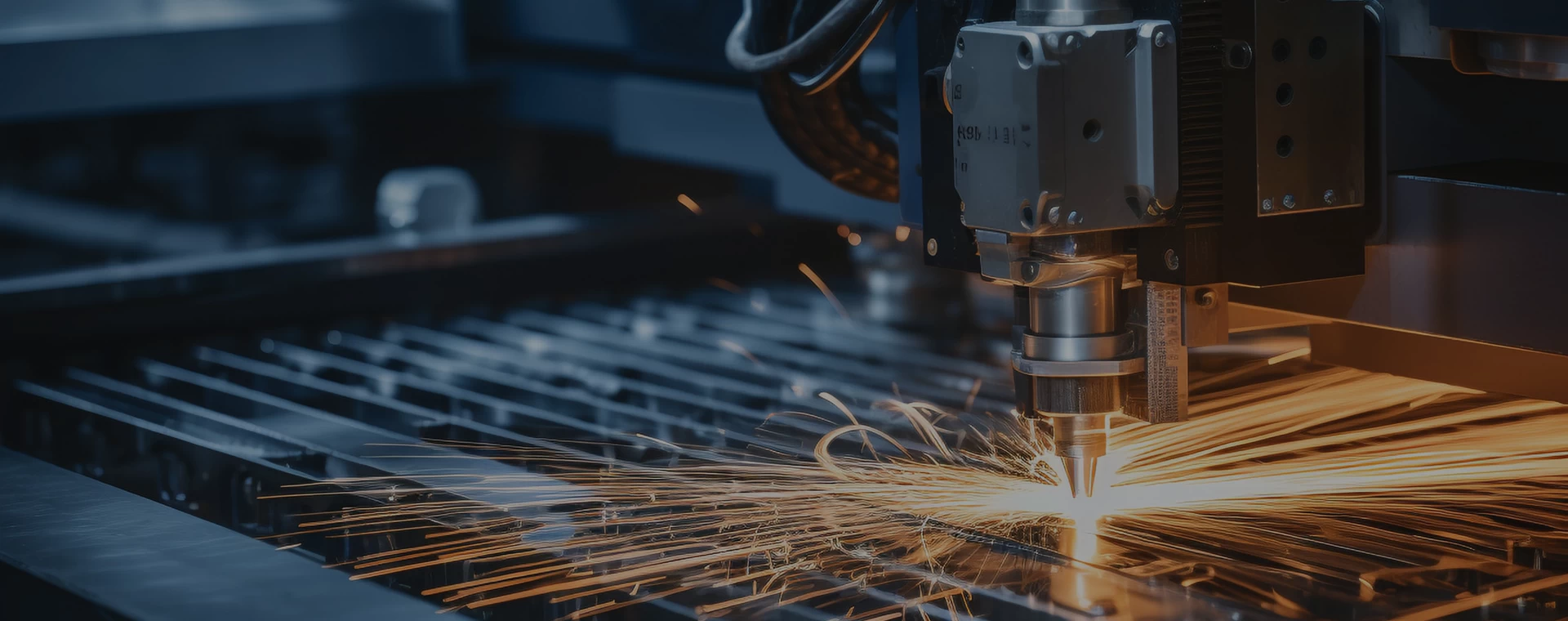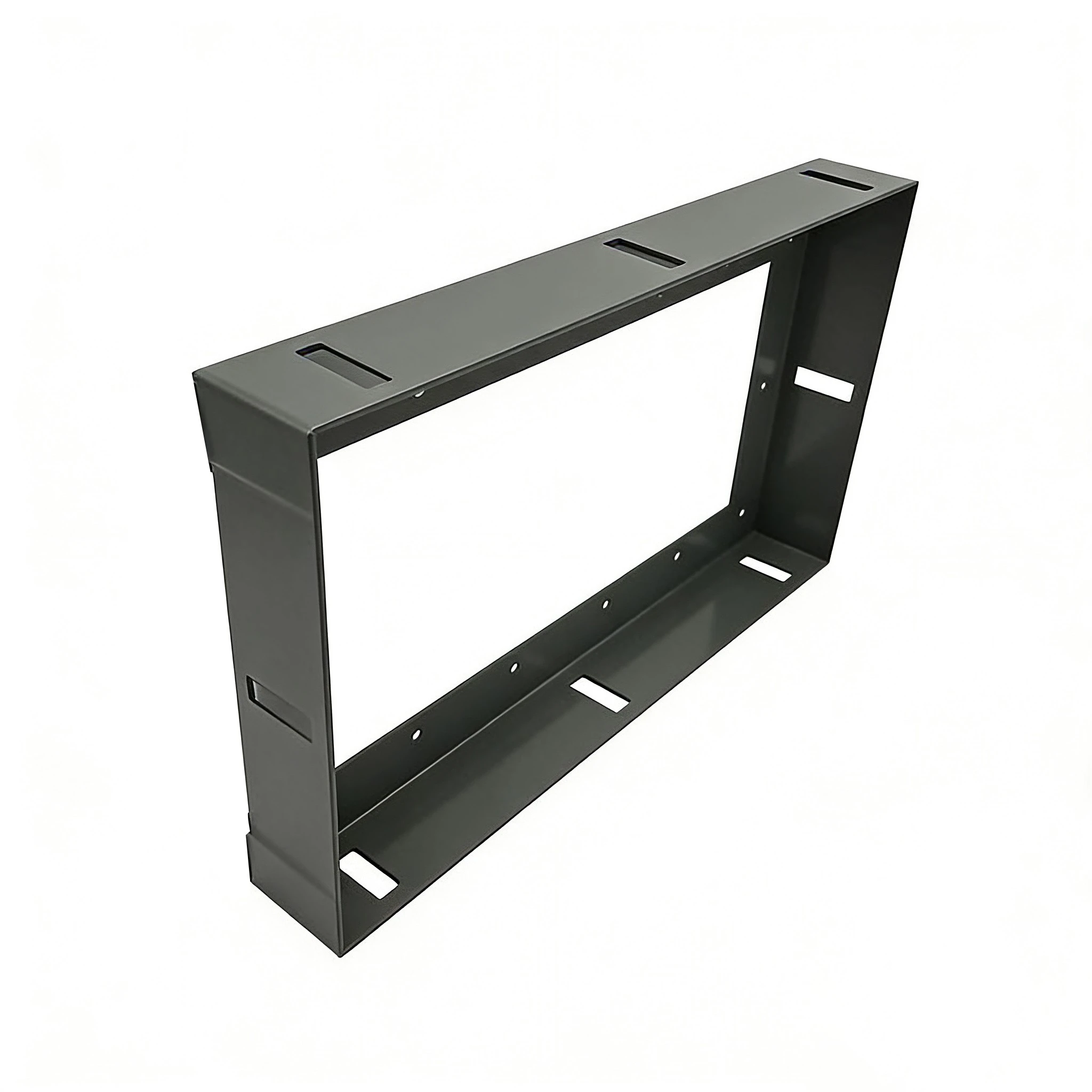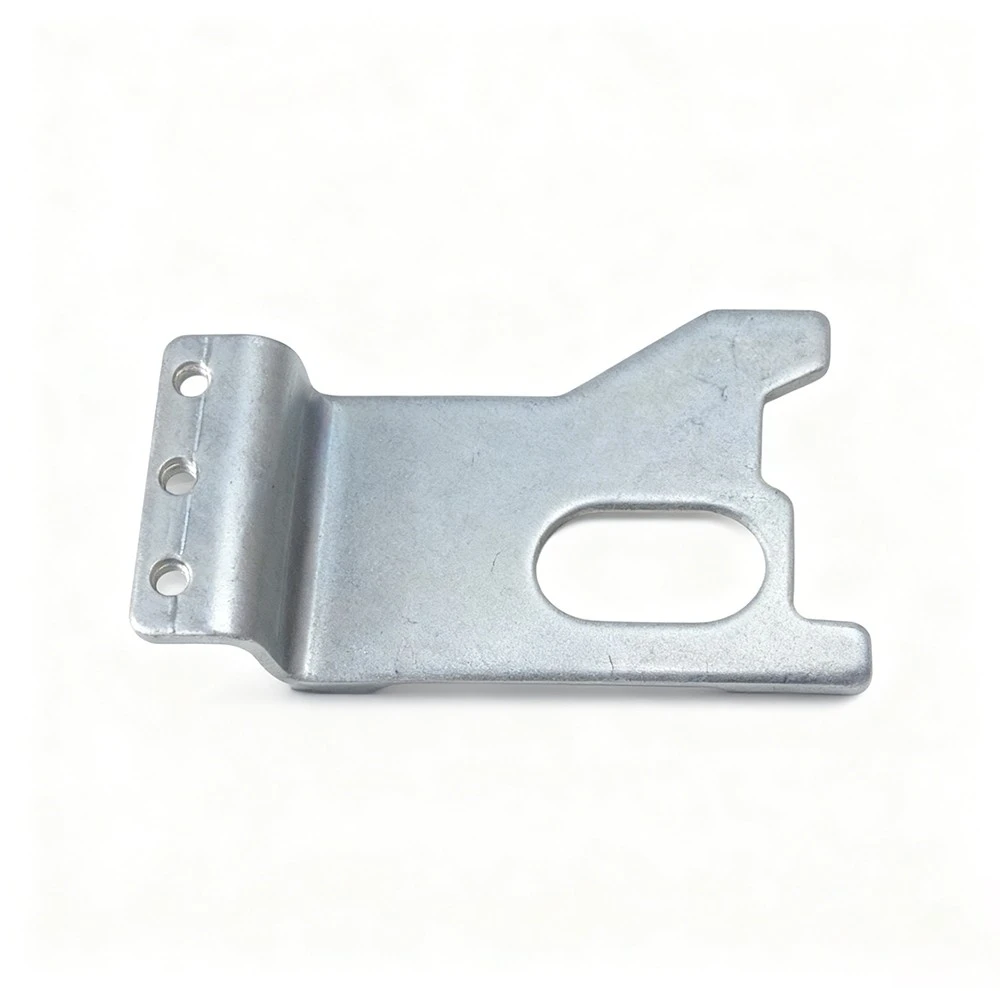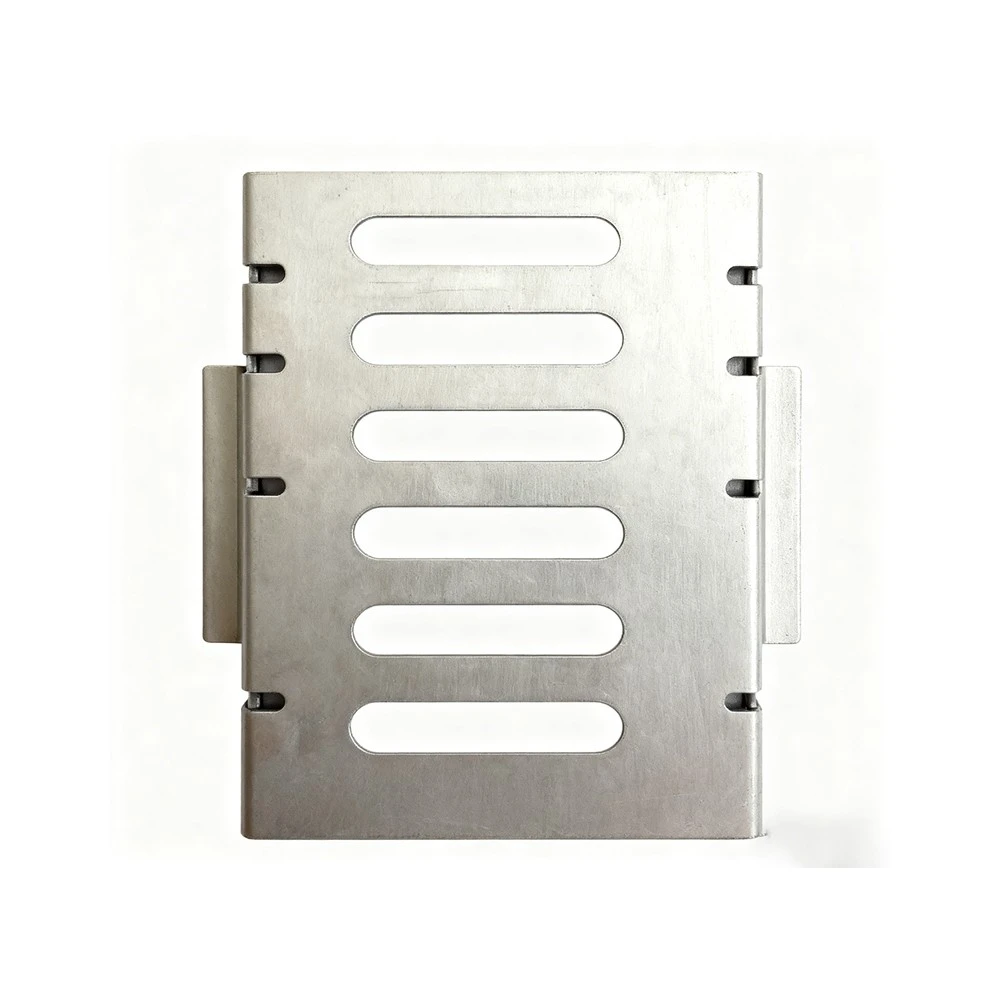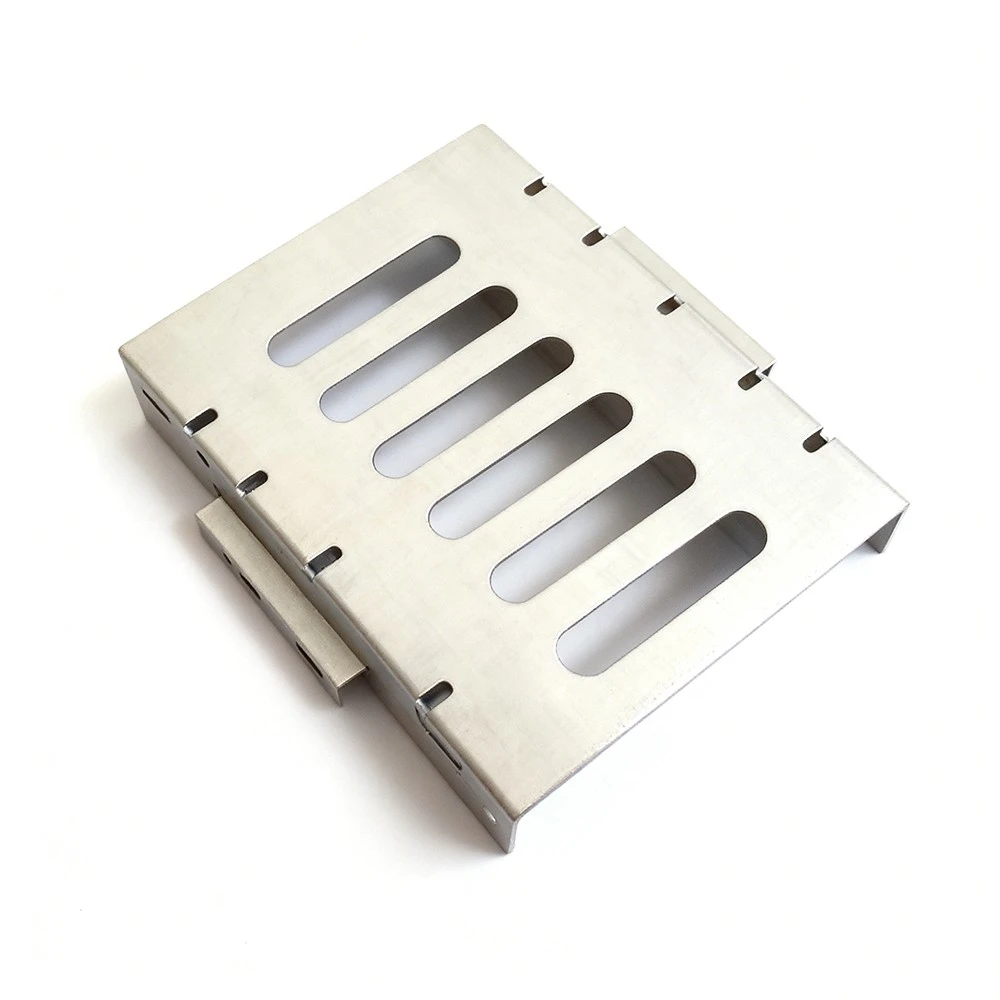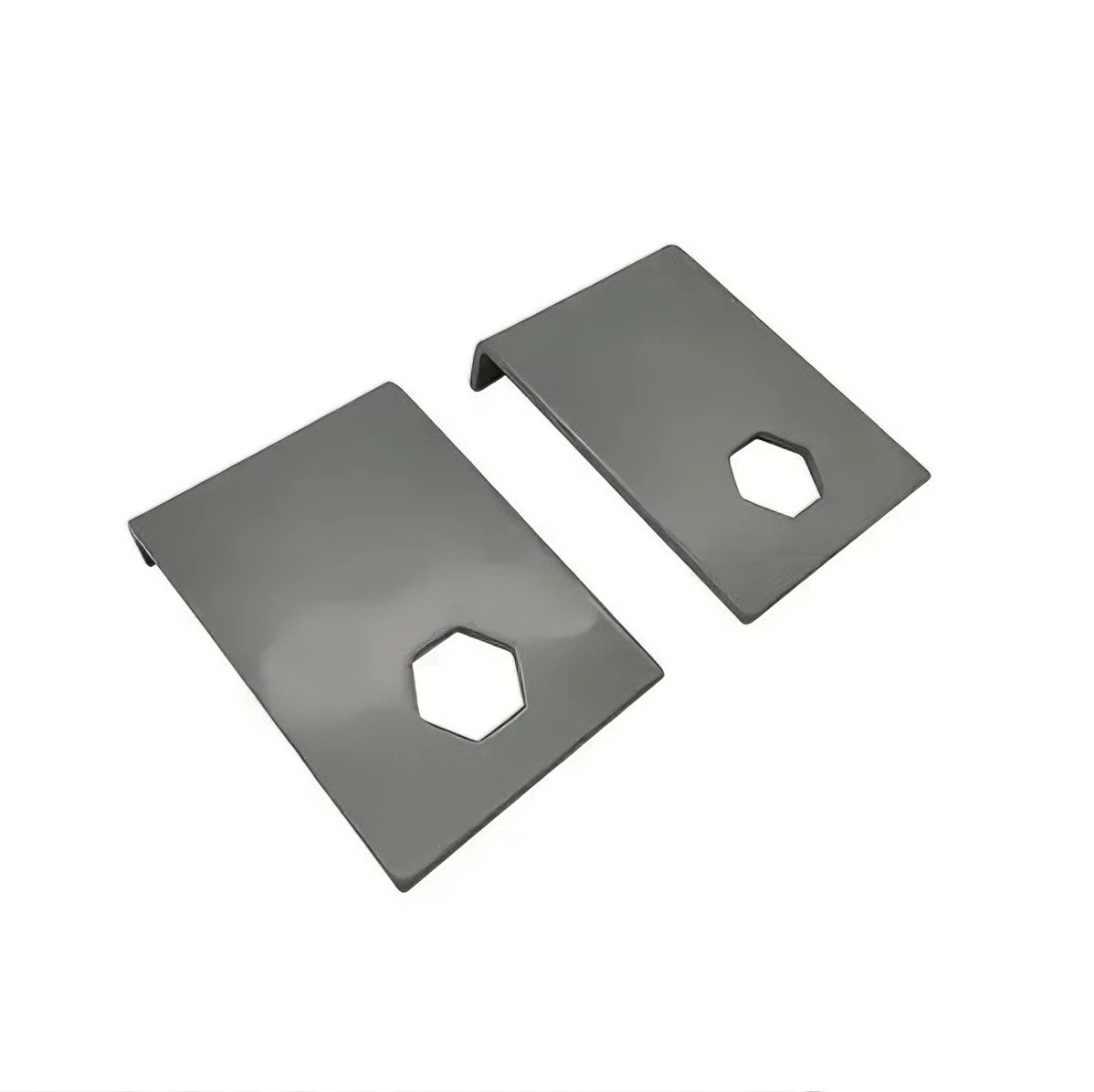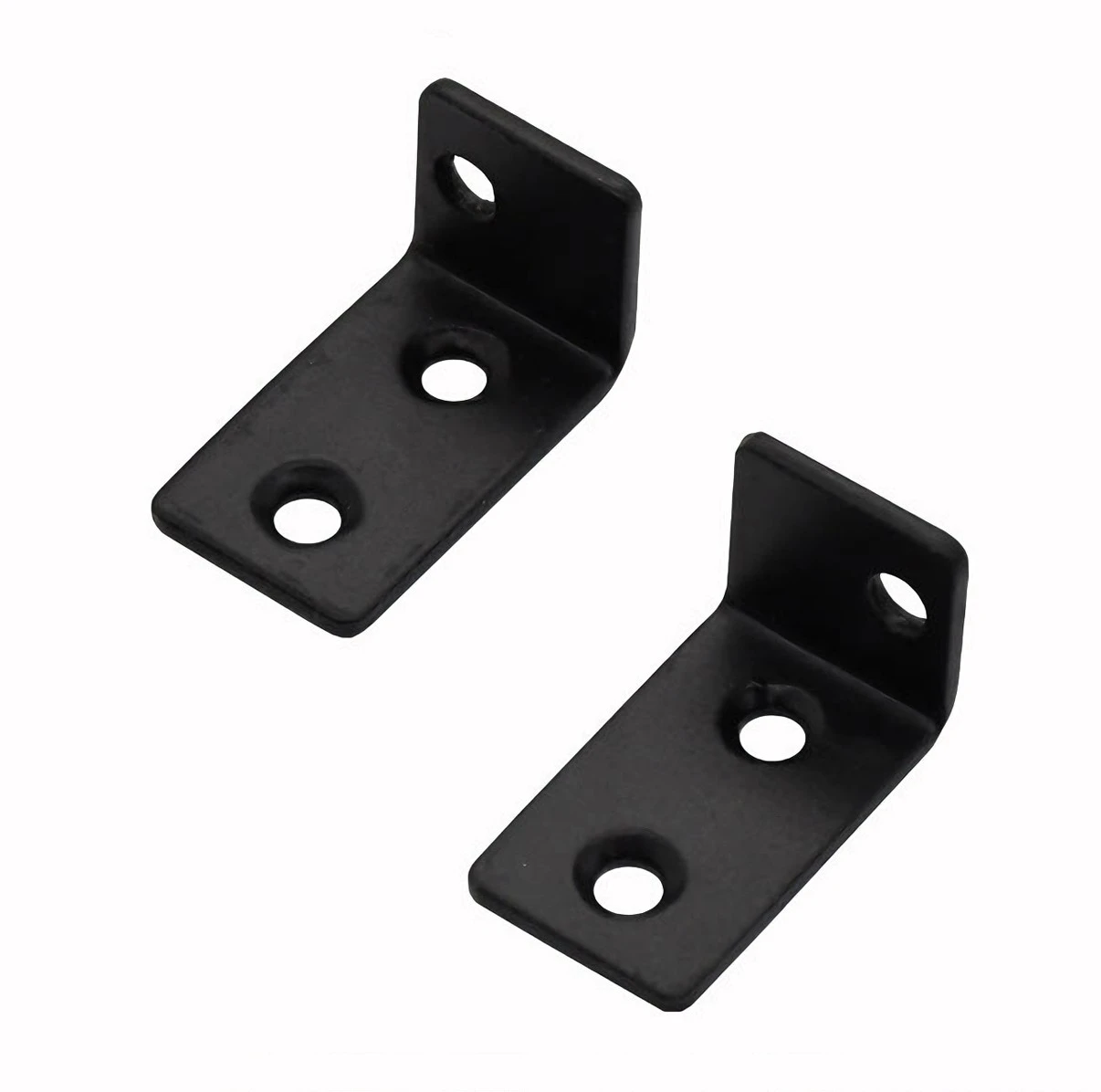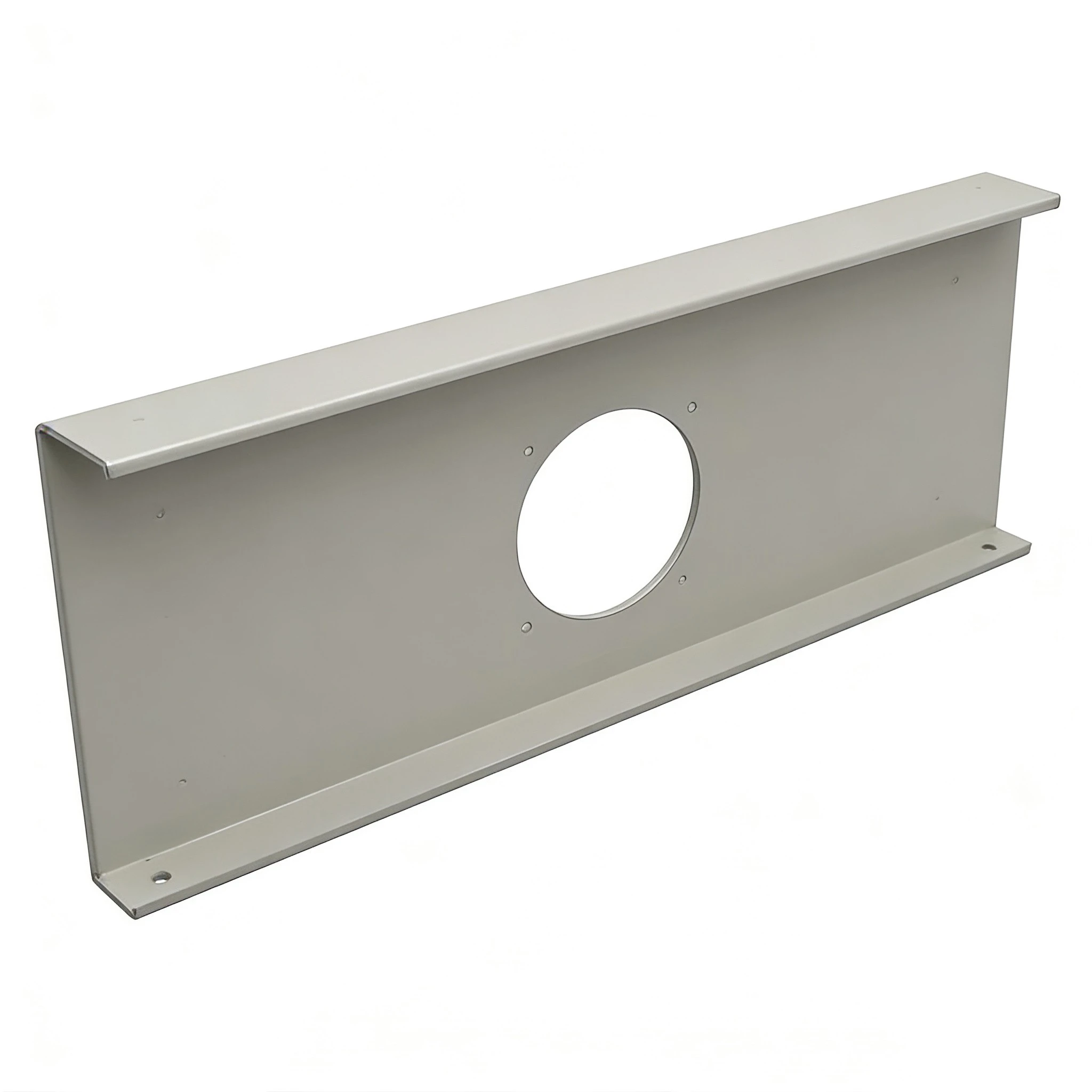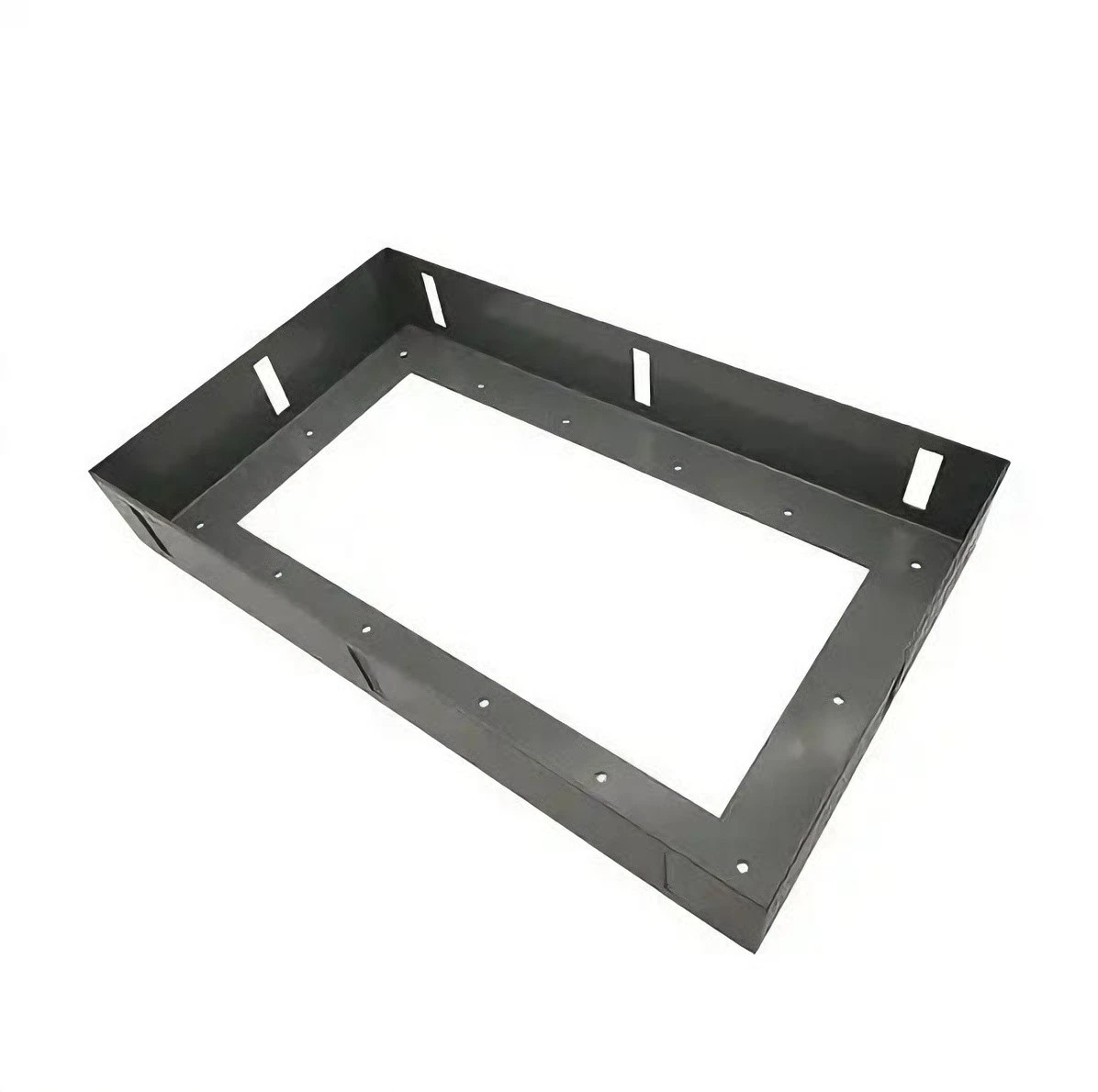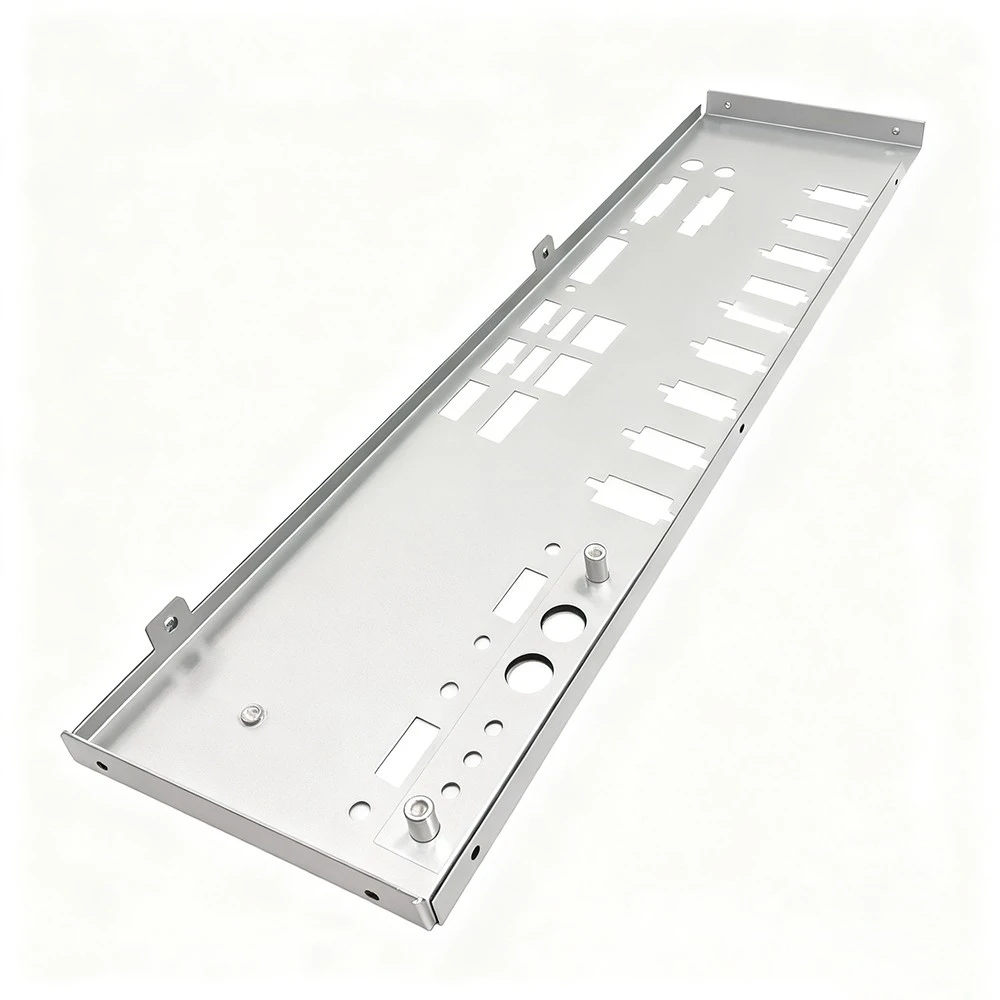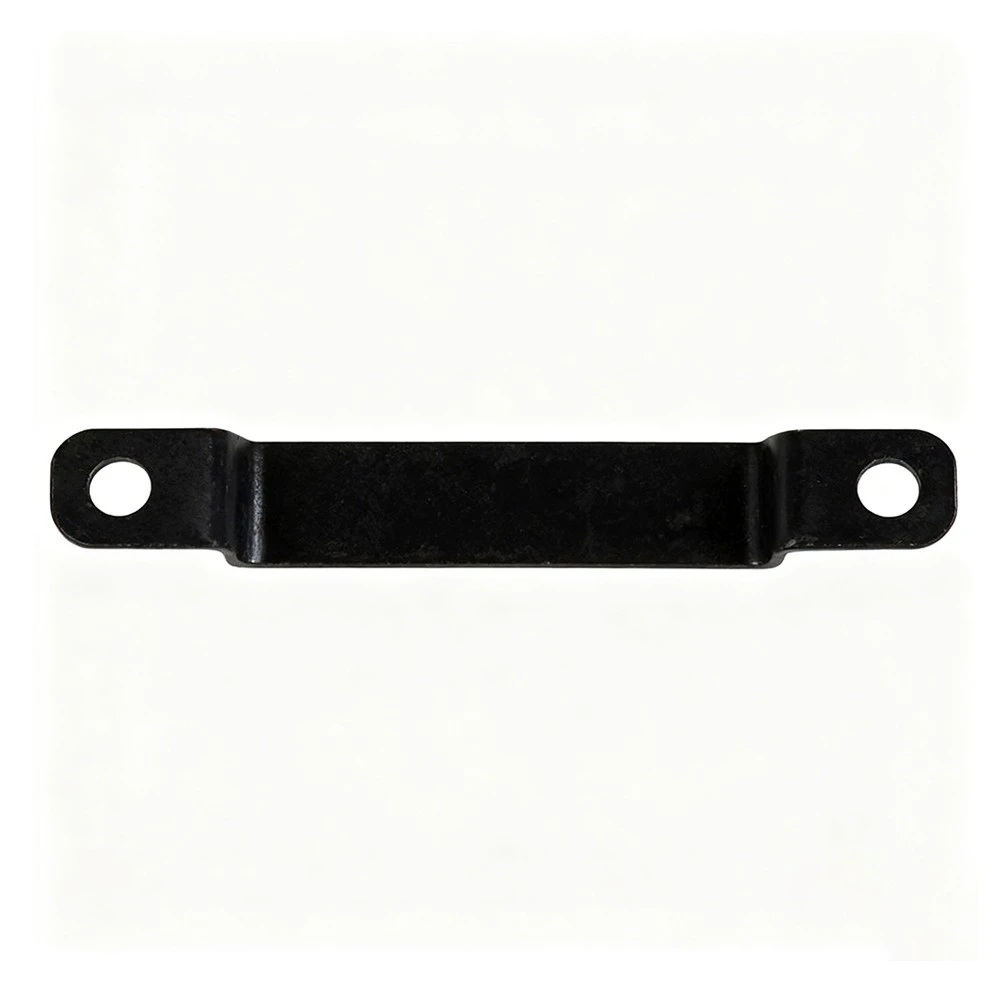Custom Aluminum Sheet Fabrication: Creating a precise metal canvas for innovative proje
In the vast world of modern manufacturing, custom aluminum sheet fabrication in China is more than just simple metal cutting—it's the art of seamlessly blending the designer's vision with the engineer's rigor, providing robust and flexible solutions for countless industries. From the gleaming curtain walls of skyscrapers to the inner workings of sophisticated electronic equipment, custom aluminum sheeting, with its unique advantages, continues to push the boundaries of technology and design.
Why Choose Aluminum Sheet for Your Custom Base Material?
Lightweight and High-Strength: Aluminum has only one-third the density of steel, but through alloying (such as 6061-T6, 5052-H32) and heat treatment, it can achieve a strength-to-weight ratio comparable to steel, significantly reducing structural loads.
Corrosion-Resistant: Aluminum's natural oxide film imparts exceptional resistance to atmospheric corrosion. Anodizing or spray coating (such as the fluorocarbon coating commonly used in construction) further enhances its resistance to harsh environments and reduces maintenance costs.
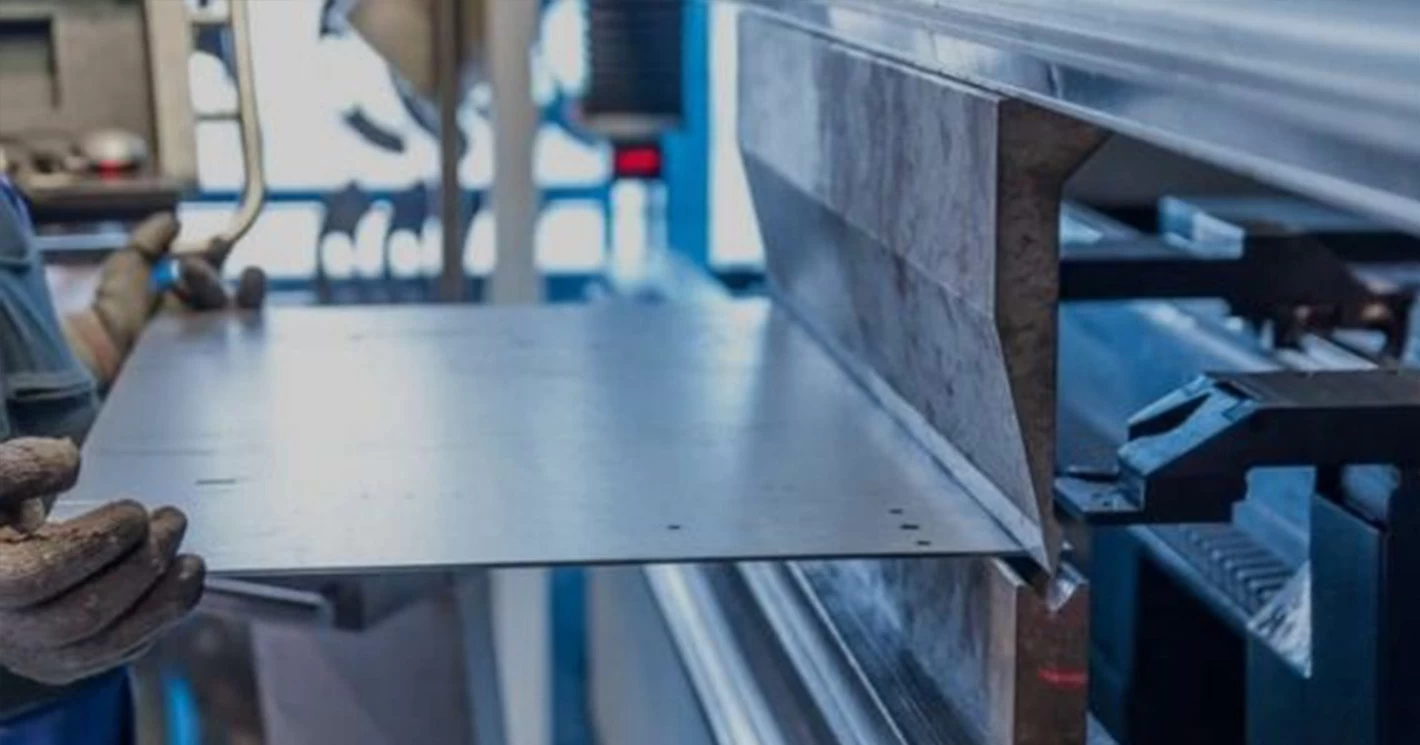
Shaping Master: Its excellent ductility makes it suitable for complex processes such as sheet metal bending, deep drawing, and roll forming (typically with radii up to 1-2 times the sheet thickness), enabling the creation of diverse three-dimensional shapes.
Thermal and Electrical Conductivity: Applications such as heat sinks (commonly using 1050/1060 pure aluminum) and battery casings fully utilize its excellent thermal conductivity (approximately 200W/m·K) and electrical conductivity. Sustainable choice: Aluminum recycling consumes only 5% of the energy used in primary aluminum production, and its closed-loop recycling rate exceeds 90%, making it an ideal material for green manufacturing.
China Aluminum Plate Fabrication Process Analysis
Precision Cutting:
Laser Cutting: Fiber lasers (commonly available with 3kW-12kW power) focus an extremely fine beam, enabling cutting of complex contours (such as hollow decorative panels and equipment panels) with an accuracy of ±0.1mm, while minimizing the heat-affected zone.
Water Jet Cutting: Ultra-high-pressure water (>4000 bar) mixed with garnet abrasive enables cold cutting of thick plates (up to 150mm+) without thermal deformation, making it suitable for sensitive materials or fire-resistant environments.
CNC Stamping: High-speed punch presses combined with multi-station molds efficiently produce standard hole patterns (louvers, cooling vents) and simple shapes, making it suitable for mass production.
3D Forming:
Bending: CNC press brakes (±0.1° accuracy) paired with specialized tooling (V-groove width ≈ 8 times the material thickness) precisely control the bend angle and springback for producing chassis, brackets, and other parts.
Rolling/Bending: Three- or four-roller plate bending machines use progressive forming to create cylinders and curved roofs (with adjustable curvature radius).
Stamping and Deep Drawing: High-tonnage presses combined with die sets enable single-step forming of complex curved parts such as kitchenware and electronic housings.
Joining and Finishing:
Welding: TIG welding (aircraft grade) ensures clean, high-quality welds; MIG welding increases production speed (commonly used for automotive parts); FSW friction stir welding enables the joining of dissimilar materials.
Mechanical Joining: Riveting (solid and blind rivets) and bolting offer removable solutions.
Surface Treatment: Anodizing (film thickness 5-25μm, available in natural or colored) enhances wear and corrosion resistance; sandblasting/brushing enhances texture; powder coating (thickness 60-120μm) provides a variety of colors and protection.
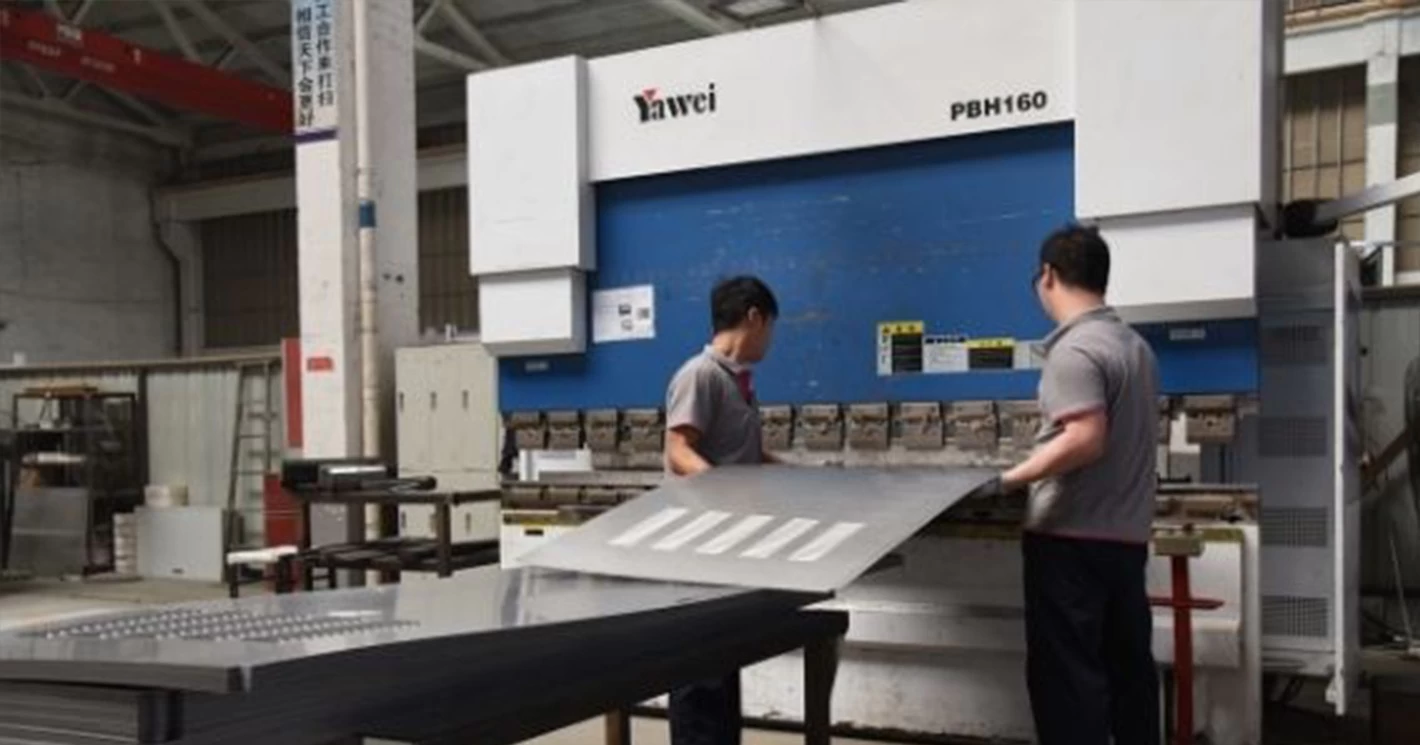
China Aluminum Sheet Metal Manufacturers Offer Innovative Applications
Architecture and curtain walling: Custom anodized aluminum sheets (such as 3mm thick 5005 alloy) create unique facade textures; composite aluminum sheets (PE/PVDF coating) create lightweight, insulated exterior wall systems.
Transportation: High-strength high-speed rail carriage skins (6xxx series); lightweight, wear-resistant truck flooring (5083 alloy); battery trays for new energy vehicles (high-strength extruded/rolled sheet).
Industrial equipment: Anti-static housings for precision instruments (surface resistivity <10^9 Ω); food-grade conveyor platforms (5083, easy-to-clean, corrosion-resistant); protective covers for heavy machinery.
Electronic appliances: 5G base station heat sinks (high thermal conductivity 1070/1050); server cabinets; LED lamp reflectors (high-brightness anodized).
Creative lifestyle applications: Curved surfaces for art installations; customized furniture countertops; and bakeware (stamped from food-grade aluminum sheets).
Key Factors in Selecting High-quality Aluminum Sheet Metal Manufacturers
Technical capability and certification: ISO 9001 is fundamental, while AS9100 (aviation) and ISO 14001 environmental certifications are even more valuable. Also, examine the accuracy of their CNC equipment (laser cutting positioning accuracy ±0.05mm?) and their process expertise.
Material traceability and control: Suppliers should provide mill certificates to ensure that the alloy grade (e.g., 6061-T651), condition, and thickness tolerance (e.g., ±0.1mm) comply with national standards or American standards (ASTM B209).
Design collaboration capabilities: Excellent suppliers can provide Design for Manufacturability (DFM) analysis to optimize drawings to reduce scrap and ease processing difficulties.
Quality control system: From first article inspection (FAI) to process monitoring (SPC), to final dimensional inspection (CMM report) and visual and instrumental surface quality testing, the process must be rigorous. Flexible Response Speed: Evaluate the company's rapid prototyping cycle (72 hours for complex parts?) and ability to handle urgent orders, which are crucial for product iteration.
In the world of precision manufacturing, each piece of custom aluminum sheet is like a meticulously cut piece of space, bearing the engineer's rigorous calculations and the designer's aesthetic pursuit. When the Shanghai Tower's streamlined curtain wall reflects the city's ambition in the sunlight, and when the hull of the Fuxing bullet train cuts through the air with a steady, low hum, these aluminum sheets have been elevated from a cold material to a footnote to modern industrial civilization. The art of custom aluminum sheet processing lies in transforming the physical limitations of metal into endless possibilities for innovation.

